
4 types of sweating that can be the body's "cry for help"
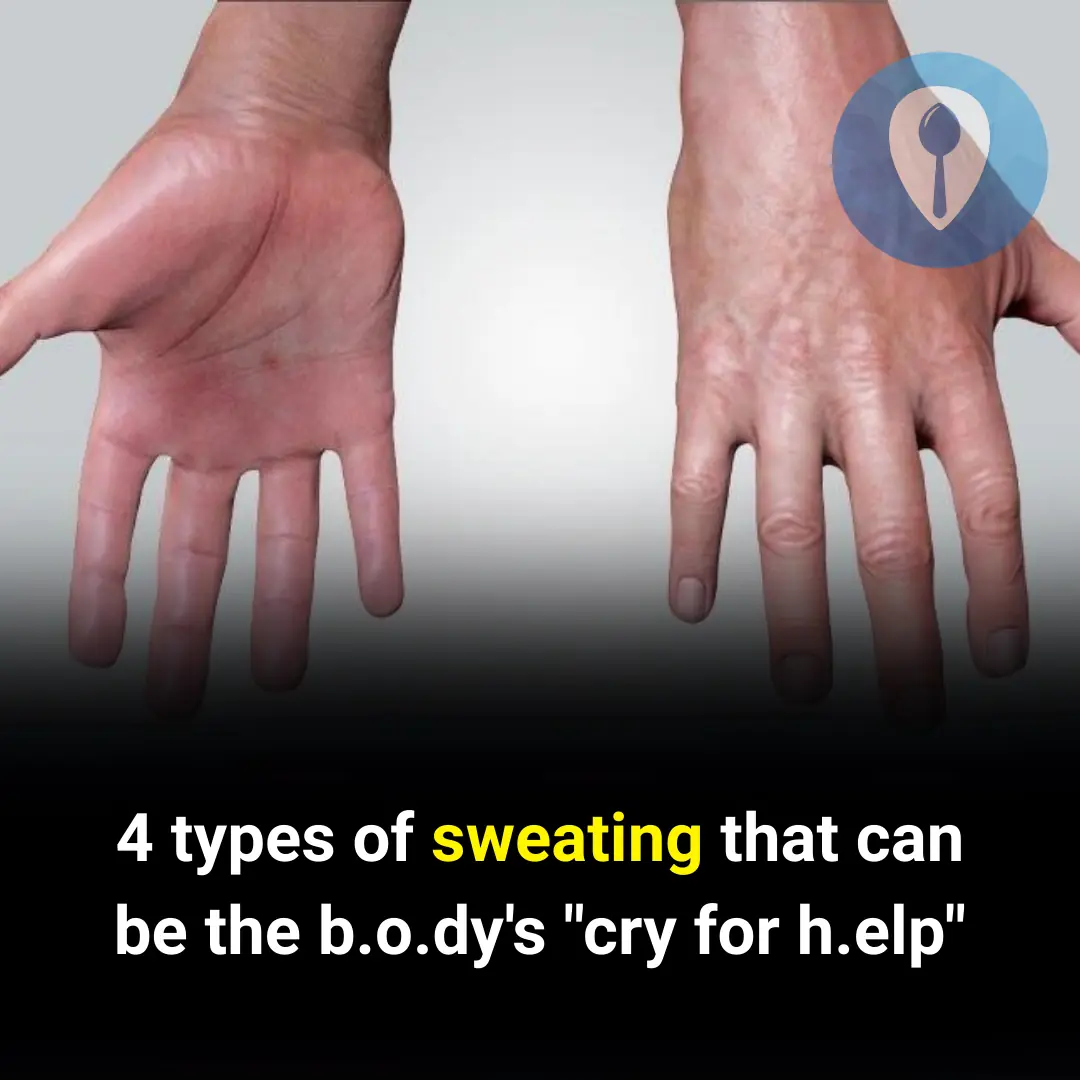
Sweating is a very normal physiological response of the human body.
When the surface temperature of the body exceeds 37°C, we need to sweat to release heat.
According to experts, our sweat glands are not the body’s main detoxifying organs. Most waste substances in the body are carried by the blood to the liver and kidneys for metabolism and excretion. Sweat is made up of 99% water, and the remaining 1% consists of urea, lactic acid, sodium chloride, and other components.
Why do people sweat differently?
In daily life, some people sweat easily even with little activity, while others hardly sweat at all even during intense exercise. What causes this difference?
Differences in sweat glands
The human body has about 4 million sweat glands. Each person has a different number and level of development of these glands. The more and better developed the sweat glands, the more frequently a person sweats. Conversely, those with fewer and less developed sweat glands will sweat less.
Differences in gender
In general, men tend to sweat more easily than women because male hormones like testosterone stimulate sweat secretion, while female hormones such as estradiol suppress it.
Differences in body weight
People with more body fat have a thicker layer of fat, making it harder for heat to dissipate, so they sweat more easily. The opposite happens with thinner individuals.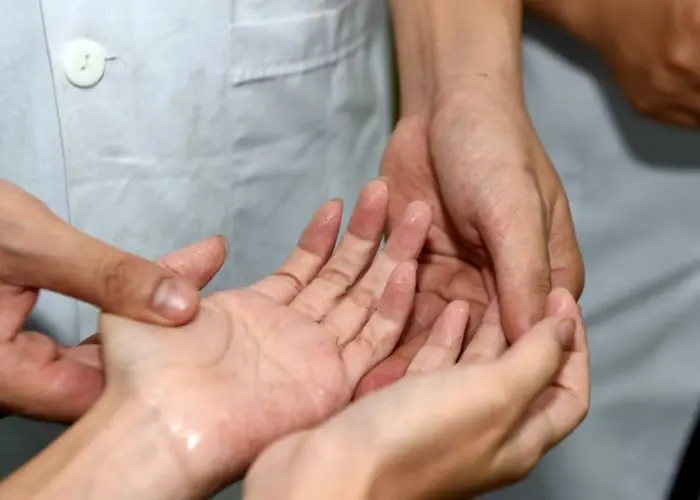
When sweating becomes a “cry for help”
Although sweating is a normal physiological phenomenon, in some cases, unusual sweating may actually be the body’s way of signaling a health problem.
1. Night sweats
Lymphoma, as its name suggests, is a tumor that develops in the lymph nodes. It is one of the fastest-growing malignant tumors and is also easily misdiagnosed. Patients with lymphoma may experience abnormal night sweats—waking up drenched in sweat even when the room is cool.
Other possible symptoms include: unexplained swelling of lymph nodes, fever, itching, weight loss, and body aches.
2. Sweaty palms
Normally, our hands don’t sweat much unless the weather is hot. However, if your palms are constantly damp, it may be due to palmar hyperhidrosis. This condition occurs when the sweat glands in the hands overproduce sweat without being triggered by external temperature. Patients may also sweat excessively in the feet, armpits, and groin. These areas are more prone to dermatitis, itching, and other skin problems.
If these symptoms appear, it is important to seek medical advice promptly for proper treatment.
3. Sudden sweating with dizziness
If you suddenly start sweating excessively in a hot environment, accompanied by symptoms like dizziness, nausea, and vomiting, you may be experiencing heatstroke. When this occurs, it is crucial to move to a cool, ventilated place, rest, and rehydrate. If symptoms persist, medical attention is necessary.
4. Sudden cold sweats
During a heart attack, the heart’s blood supply decreases, leading to low blood pressure and vasoconstriction, which causes the body to sweat. In this case, sweating is usually concentrated on the neck, forehead, hands, and feet.
News in the same category

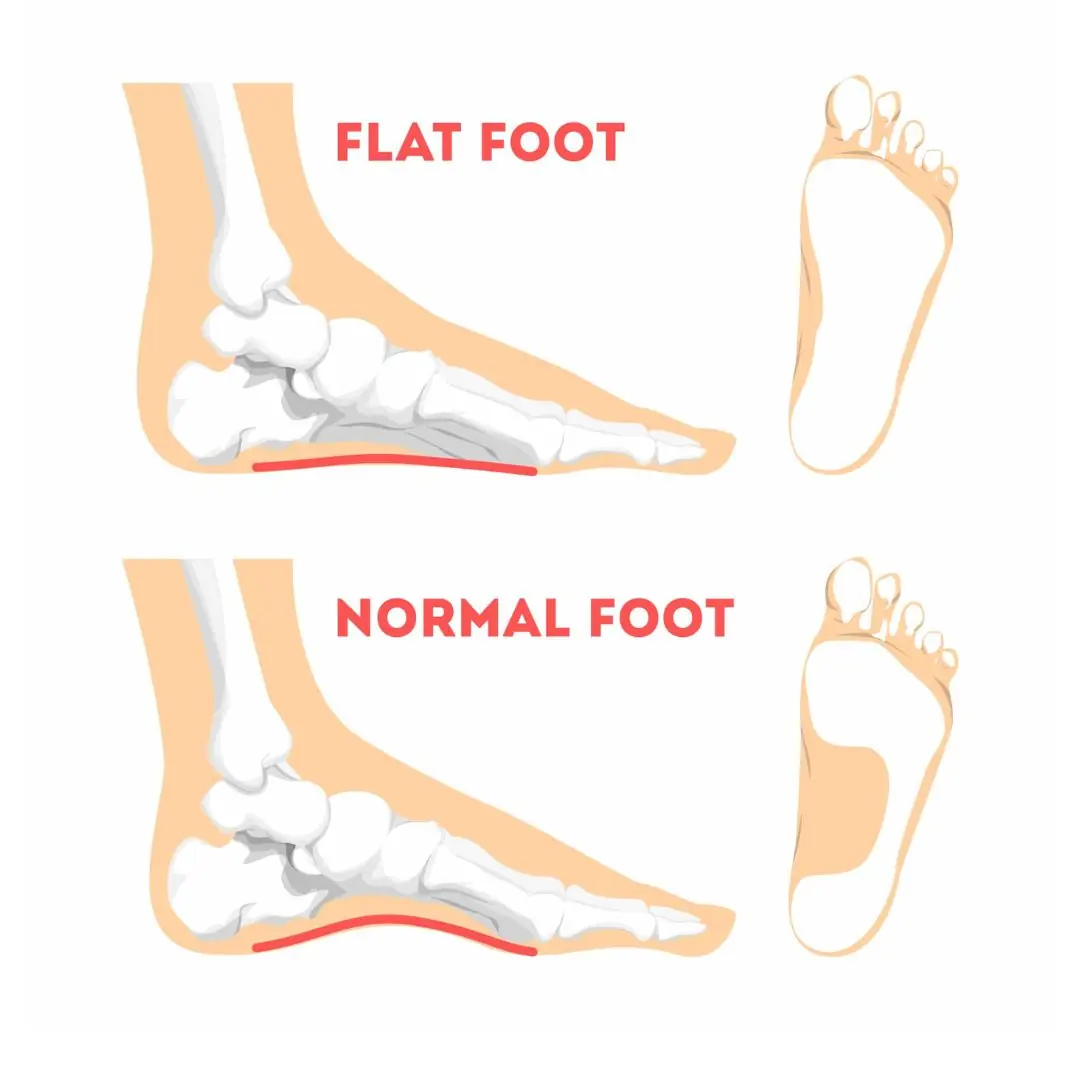
Flat feet in ch.il.dren — should parents be worried?

Is coke taking minutes off your life? Sho.cking research uncovers the truth

Regular daytime naps may slow brain aging, study finds
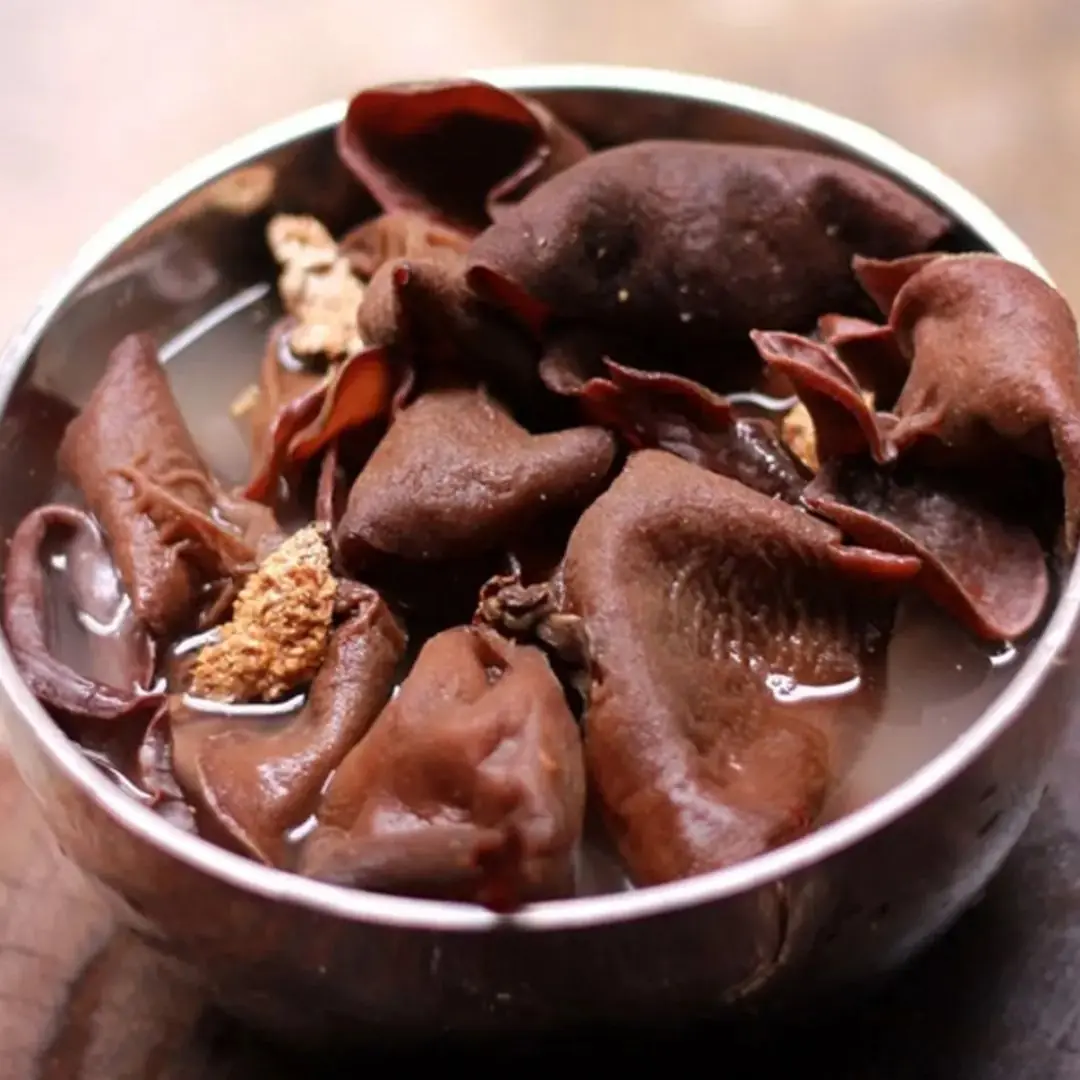
3 types of food left in the refrigerator for a long time can be "ac.com.plices" in causing stomach c.a.ncer
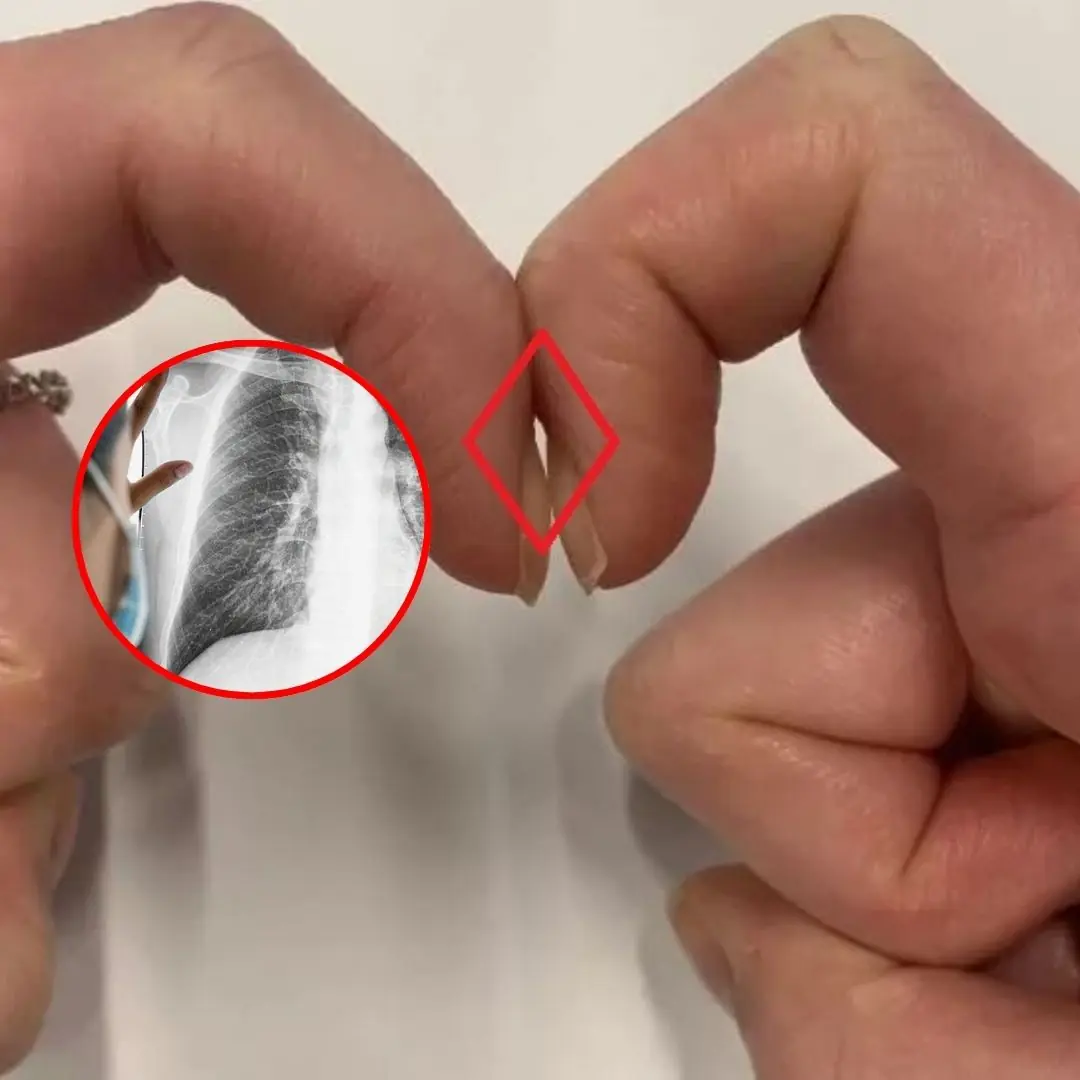
5 - Second Test to Assess Lung C.a.ncer Risk
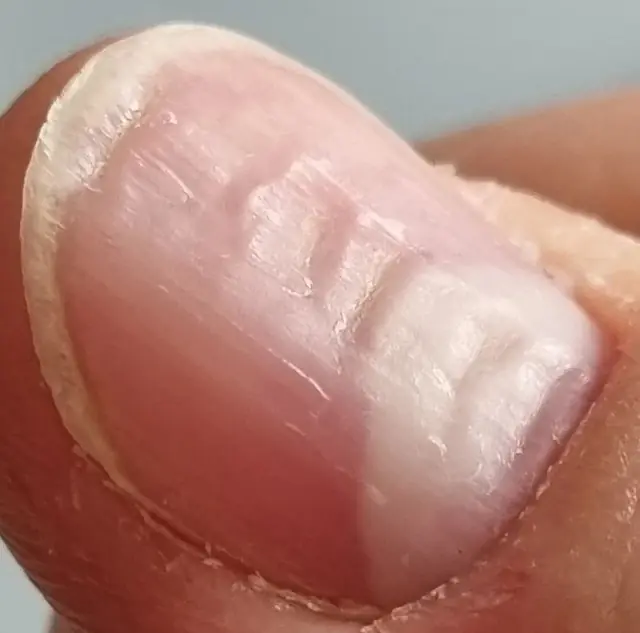
7 Nail Abnormalities That May Reveal Hidden Tumors in the Body

Foods that are toxic if eaten raw: what you need to know to protect your health
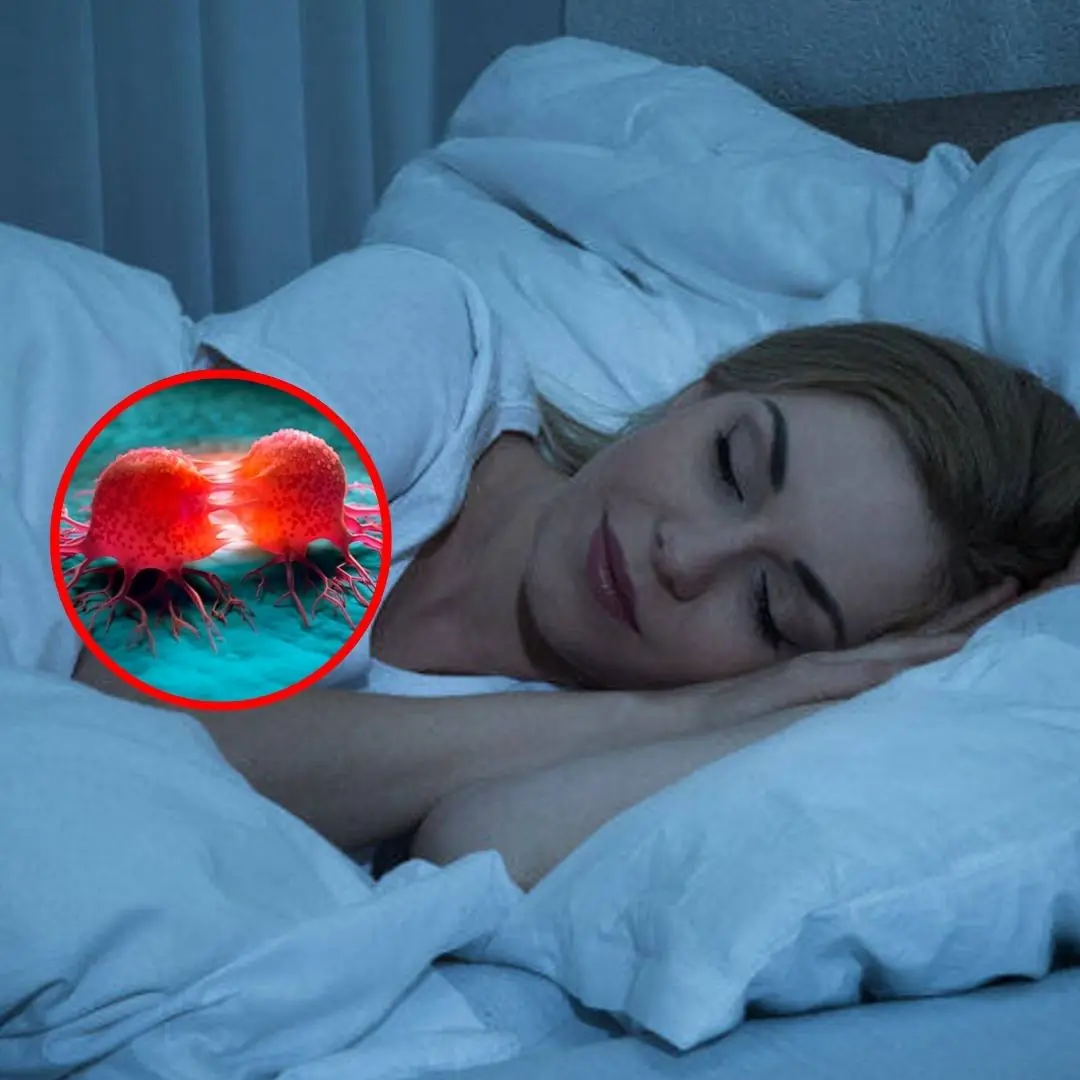
Pay attention: if these 3 signs appear nightly before bed, it might signal that ca.nc.er cells are developing in your body
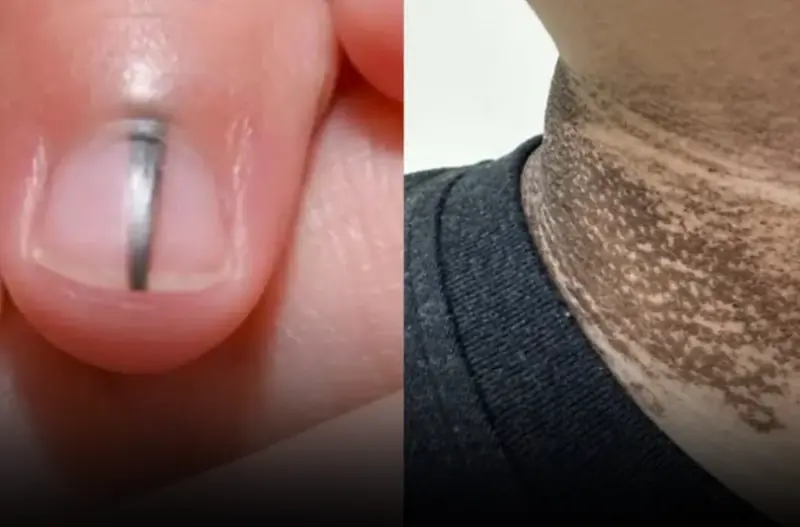
5 warning signs that can.cer may be coming but few people notice
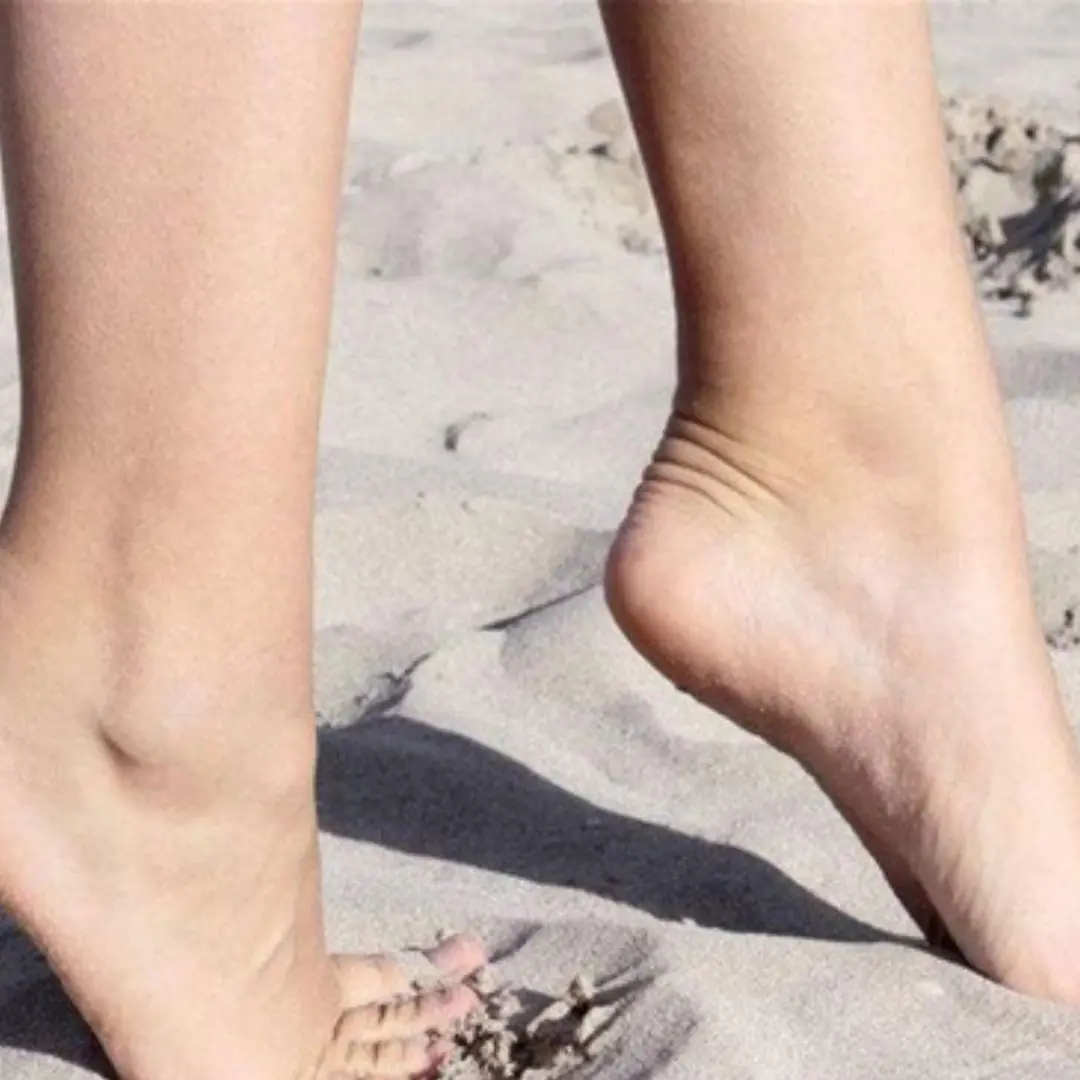
Woman Persistently Stands on Tiptoes for 10 Minutes Every Day: After Half a Year, Insomnia Is Eliminated, 3 Other Diseases Also Improve
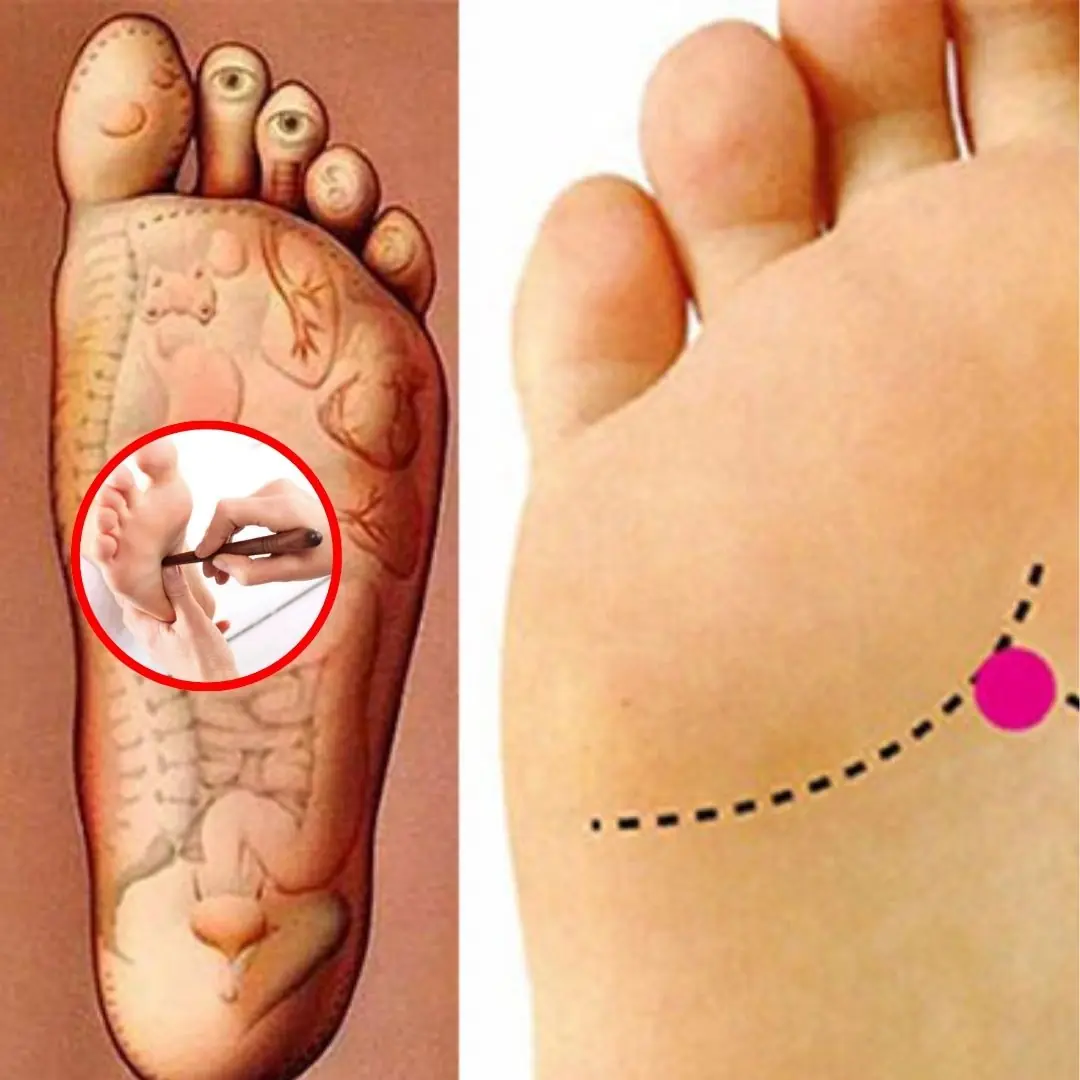
4 bedtime secrets that will keep you healthier than supplements
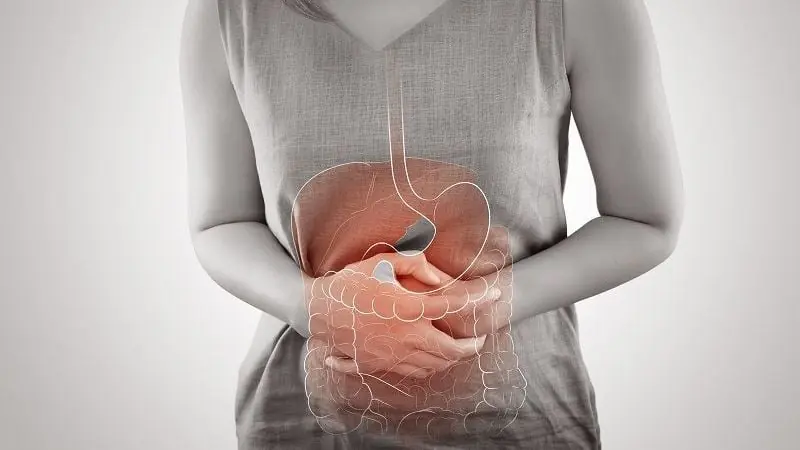
7 Warning Signs of Can.cer

"3 Types of Tofu I Wouldn’t Eat Even If You Paid Me Extra”
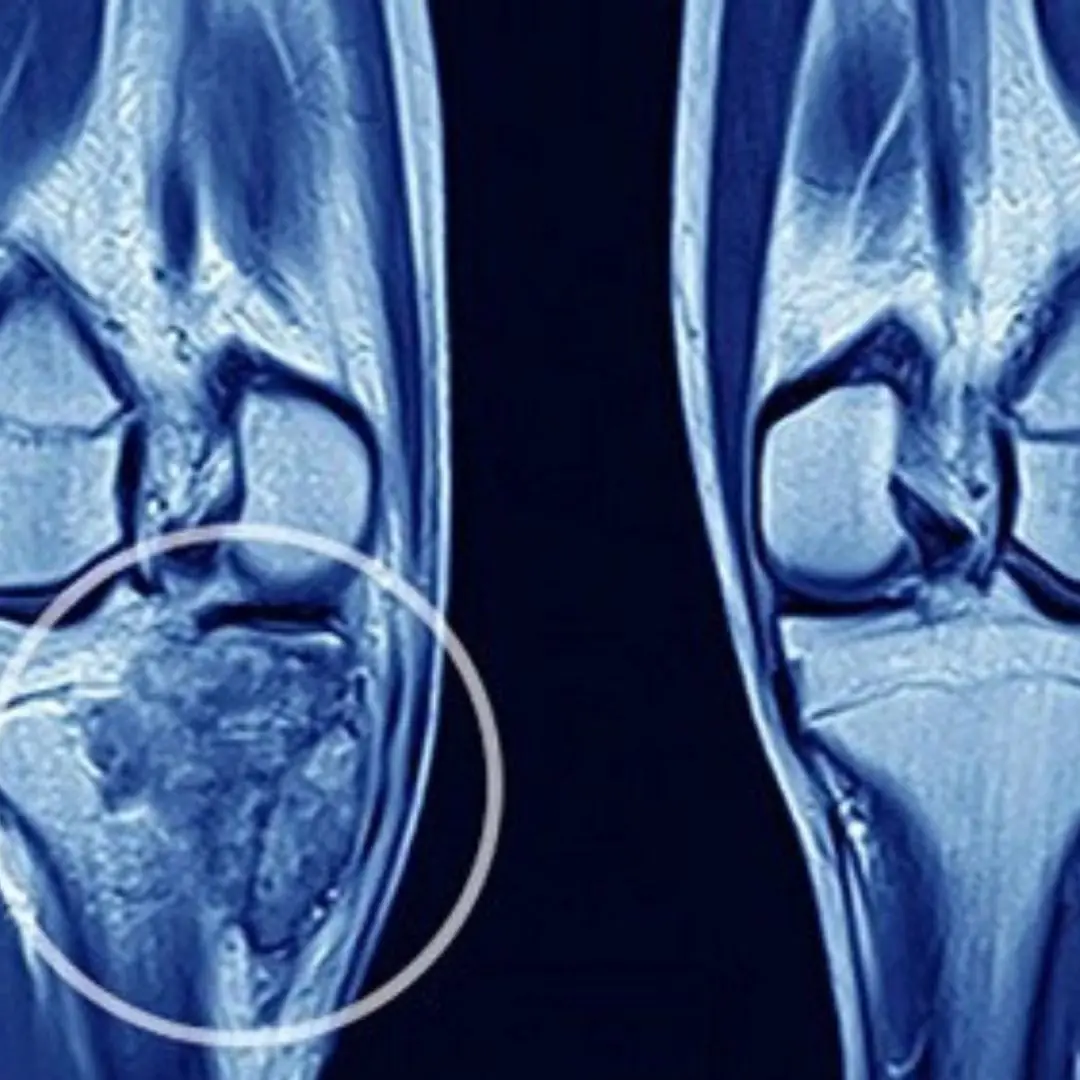
5 Dangerous Signs Warning of Bone Cancer – Recognize It Early!
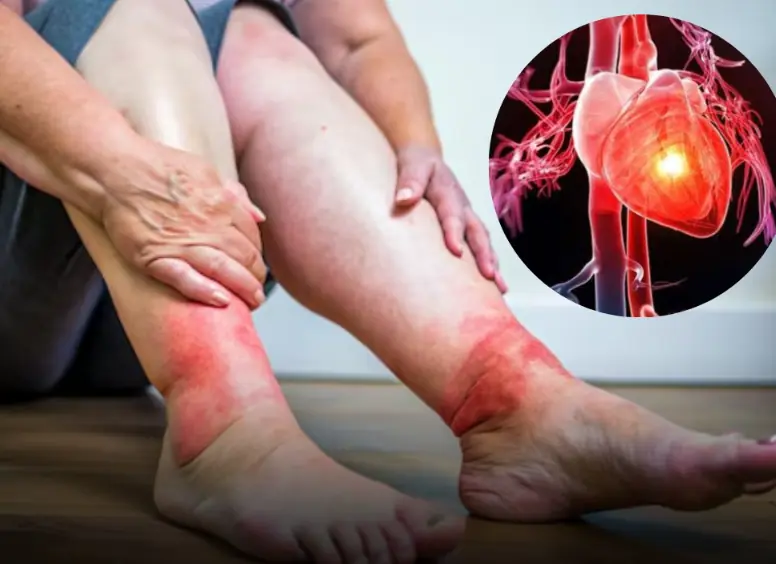
5 silent warnings your body gives months before a heart at.tack

6 early warning signs of stage 1 colon can.cer you shouldn’t ignore

You will be surprised by the amazing health benefits of this tuber
News Post

Warning signs of sto.mach can.cer

Flat feet in ch.il.dren — should parents be worried?

Is coke taking minutes off your life? Sho.cking research uncovers the truth

Regular daytime naps may slow brain aging, study finds

3 types of food left in the refrigerator for a long time can be "ac.com.plices" in causing stomach c.a.ncer

5 - Second Test to Assess Lung C.a.ncer Risk

7 Nail Abnormalities That May Reveal Hidden Tumors in the Body

Boiled Pork Without Cutting Small Pieces

How to distinguish between poi.sonous and non-poi.sonous snakes

Foods that are toxic if eaten raw: what you need to know to protect your health

Pay attention: if these 3 signs appear nightly before bed, it might signal that ca.nc.er cells are developing in your body

5 warning signs that can.cer may be coming but few people notice

Woman Persistently Stands on Tiptoes for 10 Minutes Every Day: After Half a Year, Insomnia Is Eliminated, 3 Other Diseases Also Improve

4 bedtime secrets that will keep you healthier than supplements

Simple and Effective Trick to Repel Mice with Leftover Rice – Anyone Can Do It

7 Warning Signs of Can.cer

Okra Has Many Benefits, Yet These 4 Groups of People Shouldn’t Eat It

"3 Types of Tofu I Wouldn’t Eat Even If You Paid Me Extra”
